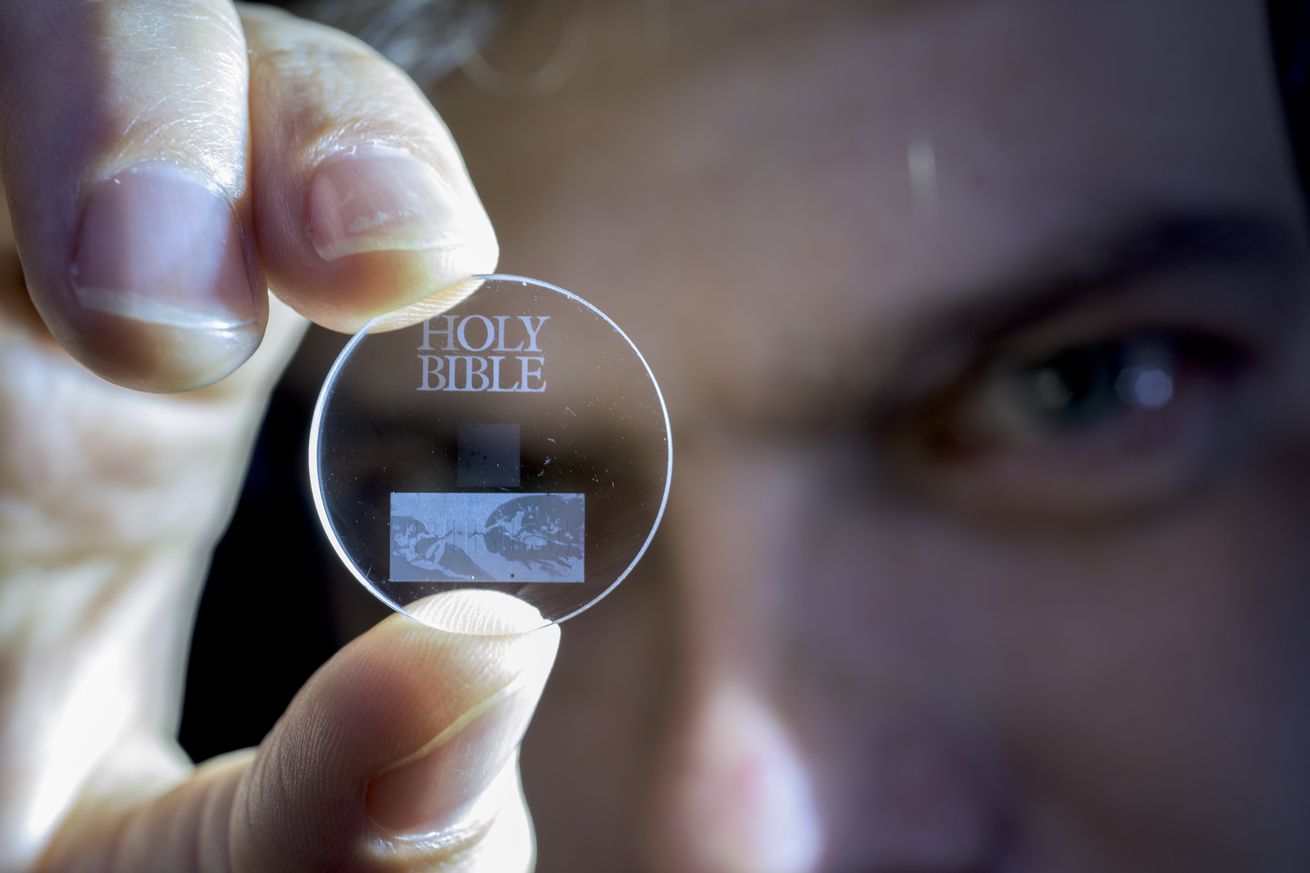
Ever found yourself stuck at the lights convinced that whatever is controlling these things is just trying to test your patience, and that you could do a better job? Well, turns out you might -- at least partly -- be right. Researchers at the University of Southampton have just revealed that they are investigating the use of artificial intelligence-based traffic lights, with the hope that it could be used in next-generation road signals. The research uses video games and simulations to assess different traffic control systems, and apparently us humans do a pretty good job. The team at Southampton hope that they will be to emulate this human-like approach with new "machine learning" software. With cars already being tested out with WiFi, mobile connectivity and GPS on board for accident prevention, a system such as this could certainly have a lot of data to tap into. There's no indication as to when we might see a real world trial, but at least we're reminded, for once, that as a race we're not quite able to be replaced by robotic overlords entirely.
Continue reading Scientists investigating AI-based traffic control, so we can only blame the jams on ourselves
Filed under: Science, Software, Alt
Scientists investigating AI-based traffic control, so we can only blame the jams on ourselves originally appeared on Engadget on Sun, 26 Aug 2012 21:09:00 EDT. Please see our terms for use of feeds.
Permalink  PhysOrg
PhysOrg | |
Email this |
Comments
 Humanity just took one step closer to computers that mimic the brain. University of Southampton researchers have demonstrated that memristors, or resistors that remember their previous resistance, can power a neural network. The team's array of met...
Humanity just took one step closer to computers that mimic the brain. University of Southampton researchers have demonstrated that memristors, or resistors that remember their previous resistance, can power a neural network. The team's array of met...
 Humanity just took one step closer to computers that mimic the brain. University of Southampton researchers have demonstrated that memristors, or resistors that remember their previous resistance, can power a neural network. The team's array of met...
Humanity just took one step closer to computers that mimic the brain. University of Southampton researchers have demonstrated that memristors, or resistors that remember their previous resistance, can power a neural network. The team's array of met...
 Researchers at the University of Southampton's Optical Research Center announced on Tuesday that they've perfected a technique that can record data in 5 dimensions and keep it safe for billions of years. The method etches data into a thermally stable...
Researchers at the University of Southampton's Optical Research Center announced on Tuesday that they've perfected a technique that can record data in 5 dimensions and keep it safe for billions of years. The method etches data into a thermally stable...





